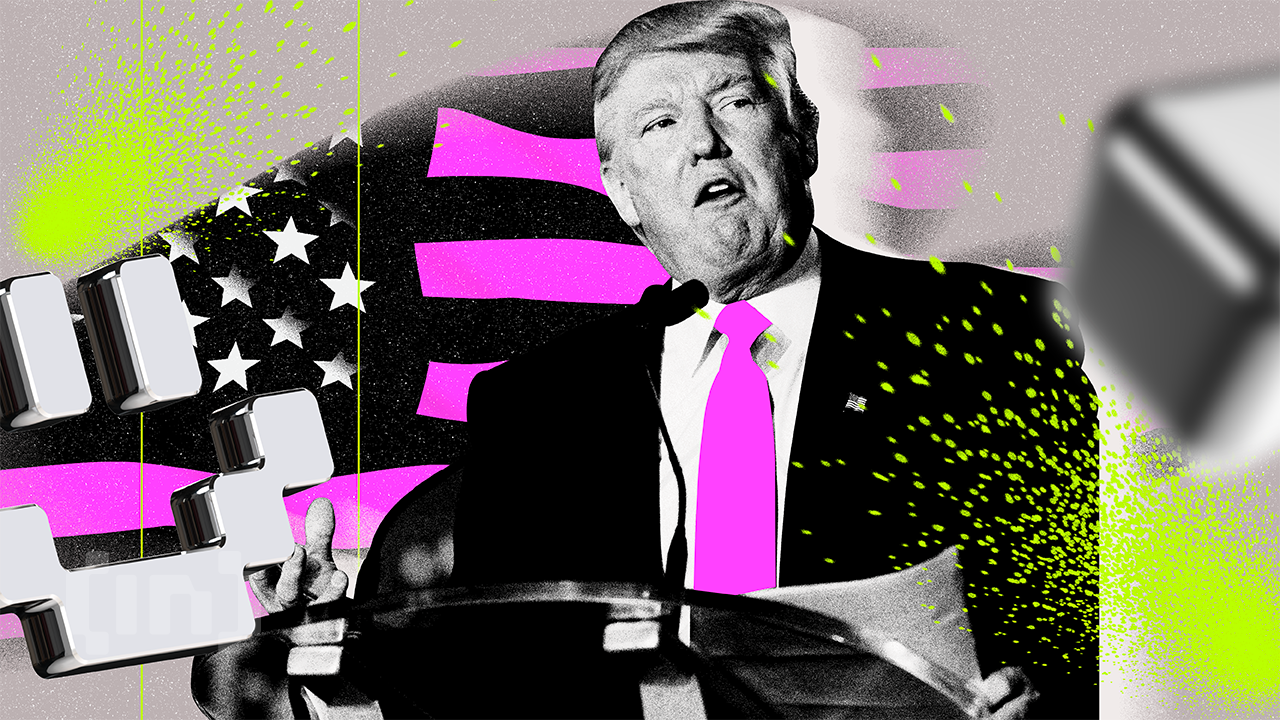Donald Trump's victory in the 2024 US presidential election has sent shockwaves through the cryptocurrency industry, suggesting that significant changes may occur in the US regulatory environment.
To understand the implications of this political shift, we spoke with Lewis R. Cohen, a leading authority on cryptocurrency law and a partner at Cahill Gordon & Reindel LLP. Cohen, with extensive experience exploring the intersection of blockchain technology and regulatory frameworks, provides the most critical regulatory shifts for the cryptocurrency industry.
What immediate changes can we expect in cryptocurrency regulation during Trump's second term, particularly at major regulatory agencies like the SEC and CFTC?
The most immediate impact will be seen through changes in leadership at the key regulatory agencies. At the SEC, there are some constraints - Gary Gensler's term runs until 2026, and sitting commissioners cannot simply be dismissed - but Hester Peirce could step in as acting chair.
However, other agencies could see rapid changes. The CFPB director can be dismissed without cause, and the OCC could immediately replace the acting Comptroller, HSU. These changes would automatically shift the FDIC board to Republican control. At the CFTC, either Commissioner Pham or Commissioner Mersinger could become the new chair.
There has been talk of a shift from "enforcement-driven regulation" to a different approach. Can you describe in detail what this new regulatory philosophy might look like?
As seen during Trump's first term, we are witnessing a fundamental shift in regulatory philosophy. Instead of the current "gotcha" approach focused on technical violations like registration failures, we can expect a reordering of enforcement priorities to focus on actual market risks - fraud, market manipulation, and serious misconduct that harms investors.
The key difference will be in the handling of cases. For technical violation cases, we will see more balanced settlement terms and more practical remedial requirements. However, this does not mean a lack of enforcement. Rather, it is a more nuanced, market-friendly approach that focuses on correcting information asymmetries while allowing innovation to thrive. This is regulating with a scalpel, not a sledgehammer.
How do you see the classification of major cryptocurrencies evolving? Specifically, how might tokens like SOL, ADA, and AVAX fare in relation to ETH's commodity status?
We are seeing significant changes in the cryptocurrency classification landscape. The SEC has recognized BTC and ETH as commodities, and recent court rulings have further complicated attempts to categorize all tokens uniformly as securities.
Tokens like SOL, ADA, AVAX, and DOT share fundamental characteristics with ETH. Recent court decisions on the secondary market trading of BNB and XRP also point to a more nuanced regulatory approach. In fact, this suggests that transactions and other third-party activities associated with these assets could significantly reduce securities law risks. The market is maturing, and our regulatory framework needs to reflect that reality.

Can you provide an expected timeline for these regulatory changes? When can the industry expect to see concrete impacts?
The timeline here is clear. The transition period will be crucial, and the current administration is likely to push through last-minute actions. We will see significant changes in the first two quarters of 2025.
Broader policy shifts will unfold over the following 6 to 12 months. Some changes, such as at the CFPB and OCC, can happen quickly through leadership transitions, but it will take more time, especially at the SEC, where commissioner terms overlap.
How might state-level regulation, particularly in historically strict jurisdictions like New York, respond to this potential federal regulatory easing?
There is an interesting dynamic where a more accommodative federal oversight could lead to more aggressive enforcement at the state level. Particularly in jurisdictions like New York, which have historically taken a strict stance on cryptocurrencies. A more business-friendly federal approach could actually reduce the urgency for comprehensive federal legislation.
In such a scenario, traditionally crypto-skeptical states may seek to fill the regulatory gap through enhanced enforcement efforts. This could create a complex patchwork of compliance requirements for industry participants.
What is the outlook for cryptocurrency legislation in Congress? Particularly regarding existing bills and bipartisan efforts?
The congressional landscape is shifting significantly. While the FIT21 bill passed in the House is unlikely to progress, I'm more interested in the careful market structure legislation being developed in the Senate. Senators Lummis and others have been building bipartisan coalitions for years, and that foundation will be the basis for new legislation.
However, there is an interesting twist here: as we see a more accommodative regulatory approach at the federal agencies, the urgency for comprehensive legislation may diminish. Market participants may find sufficient administrative rulemaking to address their immediate needs.
In relation to Trump's advocacy for cryptocurrencies, is there a connection to the US-China competition?
It's difficult to fully understand what's going on with Trump. I believe there is a connection, but it's hard to pinpoint exactly how it's related. One of the key issues is the distribution of US national debt, with China being the second-largest holder after Japan.
Tokenization could play an important role here. Specifically, by tokenizing government debt into dollar-denominated debt, the US could diversify its dependence on China. This could strengthen the US's financial position and reduce reliance on China, which in turn could impact the broader geopolitical landscape.








